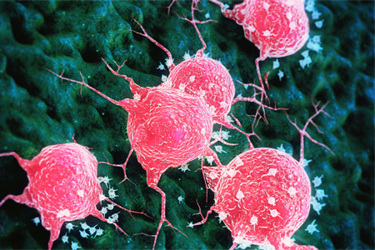Comparative Analysis: Responses To Immunotherapy, Standard-Of-Care Treatment And Combined Therapy In MC38 Murine Colon Cancer
By Mayuko Omori, Jie Hu, Jonitha Gardner, Kanchan Jhaver, Chao Yang, Linh P. Nguyen and Malavika Ghosh Aragen Bioscience, Pre-Clinical Efficacy Testing, Morgan Hill, CA

The MC38 cell line is a well-established murine colon adenocarcinoma model widely used in preclinical immuno-oncology research. At Aragen Bioscience, we developed a luciferase-tagged MC38 cell line to facilitate tumor monitoring and successfully evaluated the effects of immune checkpoint inhibitors, standard chemotherapeutics, and combination therapies in a subcutaneous MC38 tumor model.
Our study confirmed the efficacy of anti-PD-1, anti-CTLA-4, and their combination in suppressing tumor growth. Additionally, standard-of-care chemotherapeutics—including irinotecan, oxaliplatin, and fluorouracil—also exhibited tumor-inhibitory effects. Notably, irinotecan combined with either anti-PD-1 or anti-CTLA-4 showed a trend toward synergistic efficacy, with the irinotecan and anti-PD-1 combination significantly increasing activated tumor-infiltrating CD4+ and CD8+ T cells.
Importantly, we demonstrated for the first time that anti-CTLA-4 alone and in combination with irinotecan conferred long-term protection against MC38 tumor re-challenge but not B16F10 tumors, suggesting the induction of tumor-specific immunity. Furthermore, bioluminescent imaging (BLI) signals strongly correlated with caliper measurements, validating the reliability of this luciferase-tagged MC38 model for imaging-based tumor studies. These findings support the potential of combination therapies and imaging-based approaches for advancing preclinical immuno-oncology research.
Get unlimited access to:
Enter your credentials below to log in. Not yet a member of Bioprocess Online? Subscribe today.
